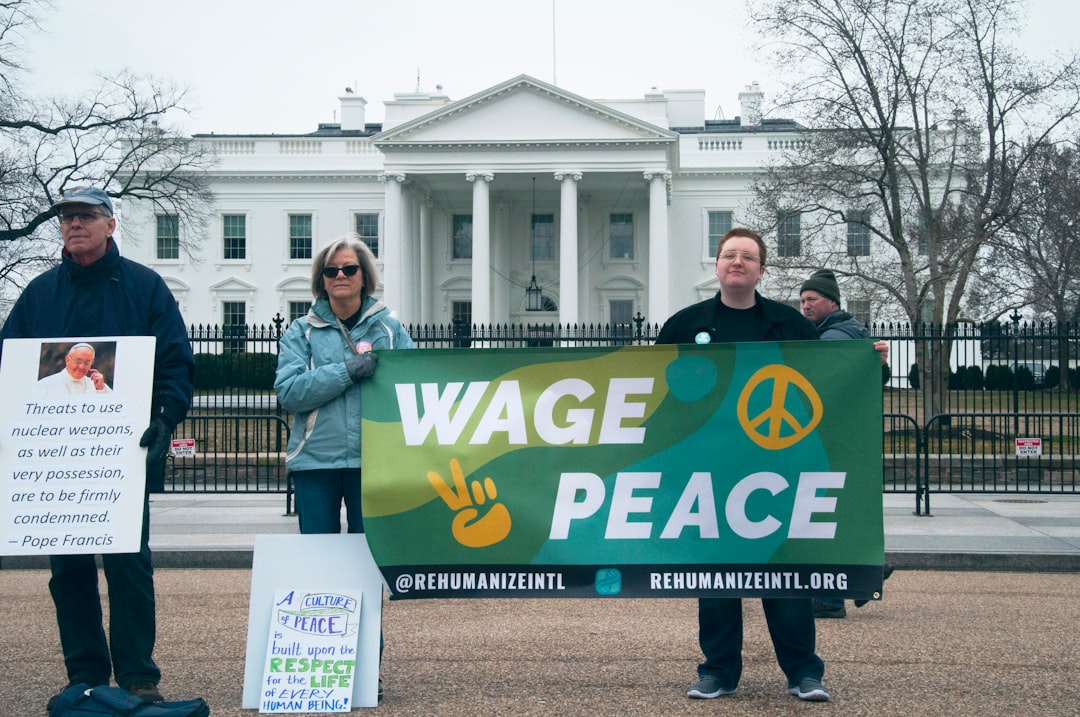When Peacemakers Wage War: The Paradox of Modern Diplomacy
The world loves a good paradox. Nowhere is this more obvious than in global politics, where yesterday’s peace icon can become today’s villain, and humanitarian ideals collapse with the push of a button. The perennial clash between rhetoric and reality, diplomacy and destruction, is not just irony—it’s a root cause of cynicism, distrust, and chaos in international affairs.
The Blurred Line Between Peace and Power
Consider the case of leaders who receive international accolades for peace while, simultaneously or subsequently, authorizing acts of war. This isn’t just hypocrisy; it’s a symptom of a system that rewards showmanship over substance and values short-term optics over long-term solutions.
The Nobel Irony: When "Peacemakers" Drop Bombs
| Notable "Peacemakers" | Peace-Building Actions | Military Actions or Controversies |
|---|---|---|
| Barack Obama | Awarded Nobel Peace Prize (2009) | Escalated drone strikes in the Middle East |
| Henry Kissinger | Negotiated Vietnam ceasefire | Authorized bombing of Cambodia & Laos |
| Aung San Suu Kyi | Pro-democracy icon | Accused of ignoring Rohingya genocide |
Is this a sign of leaders doing what is necessary in a complex world—or a contradiction that undermines the credibility of peace prizes and the global order?
The Prize Paradox: Who Deserves the Mantle of Peace?
Human societies love to canonize: saints, heroes, prize-winners. Rarely do official narratives capture the full messiness behind those selected. The same headlines that trumpet nominations for peace can become, overnight, the preamble to condemnations.
Why Are Peace Prizes So Controversial?
- Selective Memory: Major powers and their allies selectively recall the “good” done by nominees, often ignoring darker chapters.
- Political Utility: Awards frequently serve as tools of soft power, not statements of objective fact.
- Misaligned Incentives: The desire to create icons quickly often outpaces rational judgment or robust debate.
Table: Competing Perspectives on "Peace Leaders"
| Perspective | Key Arguments | Societal Impact |
|---|---|---|
| Realpolitik | Leaders must do “what’s necessary,” even if violent | Erodes faith in humanitarian ideals |
| Idealist | True peace cannot come from violence or coercion | Seeds activism, but overlooks pragmatism |
| Cynic | All leaders are self-interested; prizes are meaningless spectacle | Drives public disengagement |
Media, Optics, and Moral Amnesia
The media thrives on black-and-white narratives: hero versus villain, peace versus war. Yet, real power brokers, especially those with formidable military resources, exist in the gray area. A single act garners applause—until the news cycle spins, and applause turns to outrage.
Surprising fact: More than half of all modern Peace Prize recipients have been criticized for subsequent or concurrent actions at odds with “world peace.” This isn’t an accident; it’s a mirror of our fractured ideas about leadership.
Geopolitical Gamesmanship and Global Hypocrisy
Countries like Pakistan, Iran, and the United States each navigate crises by blending outrage, opportunism, and self-preservation. The same actors issuing condemnations today may laud the same individual tomorrow, depending on shifting alliances, trade needs, or popular sentiment.
Global public perception: While peace prizes are meant to celebrate humanity’s moral ascent, many now view them with as much skepticism as the politicians who win them.
| Country | Strategic Motivations | Diplomatic Contradictions |
|---|---|---|
| Pakistan | Regional security | Condemning violence, yet supporting actors with mixed legacies |
| USA | Global supremacy | Praising peace, yet expanding military reach |
| Iran | Regime survival | Protesting aggression, while supporting proxies |
Is There a Way Forward?
If international prizes are to mean anything, they must reflect sustained, principled action—not fleeting gestures or photo ops. A reimagined peace prize would reward uncomfortable conversations, lasting solutions, and those who resist the temptations of violence and power.
Until then, the paradox of the peacemaker-bomber will continue to haunt international affairs, sowing confusion and fueling mistrust. The world deserves better than hollow symbols and hypocritical laurels. The first step toward that future? Demanding more—from our leaders, our media, and our collective conscience.
This article was inspired by the headline: 'Pakistan condemns Trump’s bombing of Iran a day after nominating him for Peace Prize'.

Comments
No comments yet. Be the first to comment!